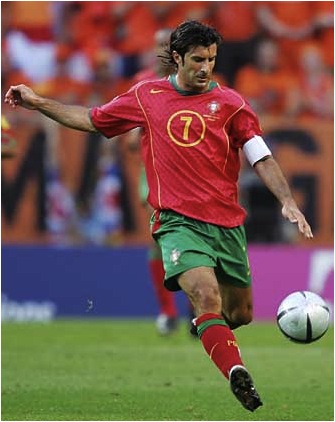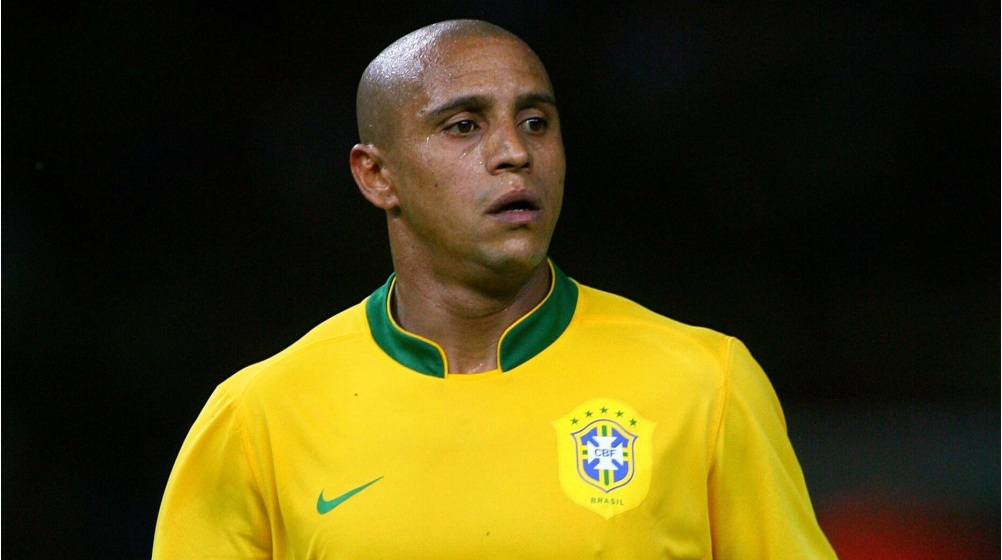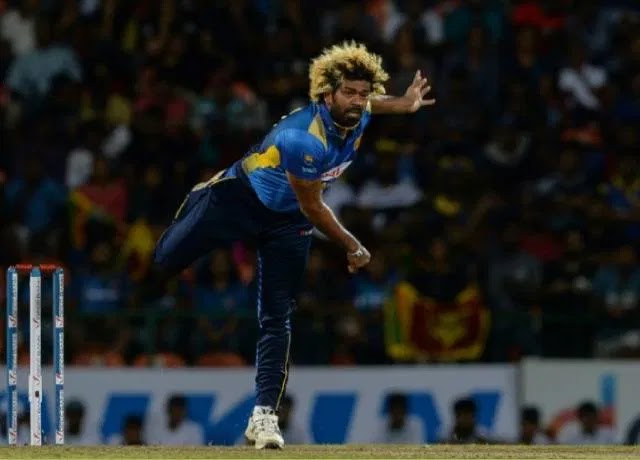Figo: The New Di Stéfano
Luís Figo is an enduring icon in Portuguese football. As a member of the “golden generation” that won U-20 World Youth Championships in 1989 and 1991, he had always been marked for greatness. He succeeded in winning European Footballer of the Year in 2000, FIFA World Footballer of the Year in 2001, and six consecutive Portuguese Footballer of the Year awards from 1995-2000. Finally, Figo extended his legacy by becoming the only member of his storied generation to extend his career in order to compete on the 2006 World Cup team, which he captained to a semi-final defeat to France. Yet, as much as Figo has done for Portuguese football, he has arguable done even more to fuel the rivalry between FC Barcelona and Real Madrid Luis Figo fifa history.
Luís Figo, though playing for Barça for only a short time, was an adored cult hero, and “an icon of barcelonismo.”Maturing under the colors of Catalonia, he became one the worlds greatest footballers while playing for FC Barcelona. Despite his Portuguese heritage, and the fact that FC Barcelona had bought him only a few years earlier after a dispute between Italian clubs Juventus and Parma made him available, Figo had been intrinsically woven into the identity of the Barcelona team, as defined, and promulgated, by their fans (particularly Barca’s Ultras, the Boixos Nois). In July 2000, Barcelona fans were devastated to hear that Figo had been bought for a then-world-record fee of $56 million, When they learned who he was bought by, archrival Real Madrid, devastation turned to seething anger, the depths of which soccer has rarely known. Figo’s move to FC Barça’s mortal enemy constituted, “a special type of transgression of player-club loyalty,”one which could, and would, never be forgiven.



.jpg)
Comments
Post a Comment